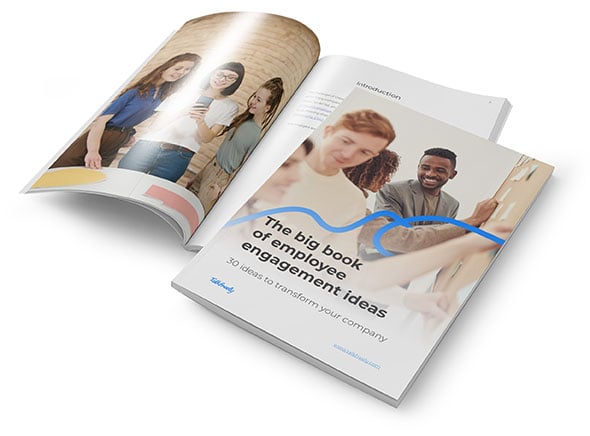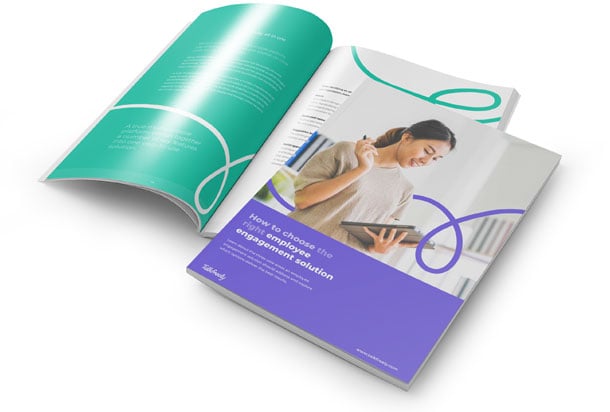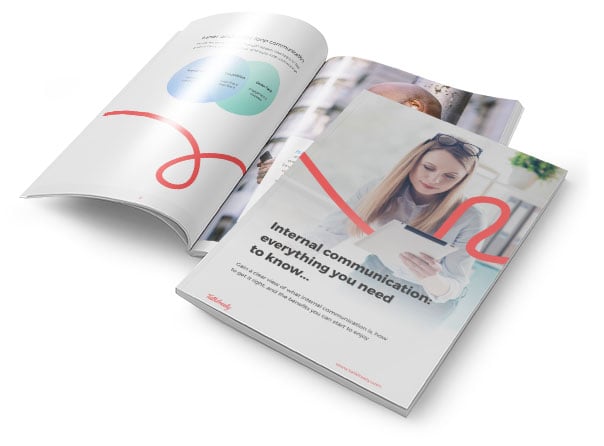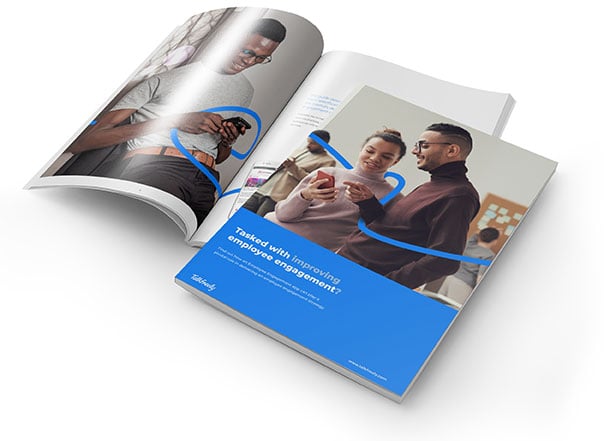If the UK has one thing in abundance, it’s entrepreneurship. According to the 2015 Legatum Prosperity Index , the UK ranks 6th in the world for Entrepreneurship and Opportunity.
The Legatum Prosperity Index is a an annual assessment of global wealth and well-being, comprised of 80 separate indicators. It’s a robust and comprehensive report that is also trackable, showing changes in fortunes and attitudes worldwide. The other results it shows may come as a surprise:
- 88% of Britons believe that working hard will get you ahead, up from 78% five years ago
- 70% of those surveyed think the UK is a good place to start a business, up from just 48% in 2012
- The UK is the best place to start a business in the EU
So much enthusiasm for business, and the level of business confidence rising, must be good for UK business as a whole. However, it does shine light on the need for businesses to nurture those employees with entrepreneurial skills and give them the opportunity to shine, or risk losing them as they set up on their own. Employees who feel undervalued, not consulted about key issues, or excluded from decision-making may vote with their feet, only to emerge as your competitors in years to come.
Retaining your entrepreneurs
Employee engagement can give businesses the opportunity and methodology to allow entrepreneurial staff to do what they do best - be creative and innovative. By creating an active and engaging employee network, businesses can offer challenges based on real business goals to be discussed, worked on and (hopefully) resolved. Such challenges allow those with that entrepreneurial streak to suggest new ways of doing things, and then to become involved in the analysis, planning and delivery of the best ideas. With this outlet for their creativity and drive, entrepreneurial staff should be more likely to stay in your business, and less likely to set up on their own.
UK: generous and reliable
Other revealing data from the Productivity Index findings may also help employee engagement managers identify other areas where employees might want to engage that are not directly linked to day to day activity.
- The UK is the most generous major economy in the world: Employees might wish to volunteer time, or donate, or organise fundraising events. These kind of activities can be discussed through an online employee network and the most popular policies adopted.
- 91% of those surveyed said they could rely on others in time of need: This again supports the role of employee engagement as being the catalyst for employee co-operation and co-create of ideas. Note the word ‘rely’. This infers trust and mutual respect, each of which take time to build. Engaged employees will know that they can rely on management to support them, listen to their ideas, and deliver on changes and improvements. Equally, a transparent system of ideas management encourages trust that both parties are ‘doing their part’, and that improvement can and will be delivered.
While the UK has some way to go to rise from its current 15th overall world ranking, it could be that the Index offers a glimpse into the future, where British entrepreneurship is recognised worldwide - and be much sought after as a result. If UK businesses want to keep some of that energy and enthusiasm for itself, it needs to recognise that sometimes the most innovative and entrepreneurial employees they need are the ones they already have.
Topics:
Innovation Management







